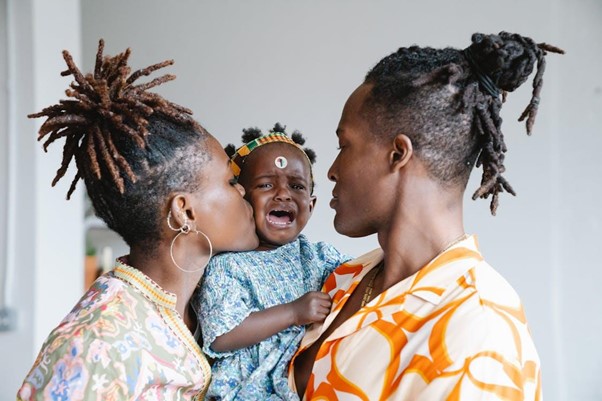How to Help Your Kids Cope with a Car Accident
Being in a car accident is traumatic for anyone, but especially children. The physical and emotional toll of such an event can leave lasting impacts on a child’s sense of safety and well-being. Recognizing the challenges they may face is the first step in helping them heal.
In 2021, over 160,000 kids were injured in traffic crashes in the United States, a 17% increase from the prior year according to government data. As a parent, it’s important to understand these risks and know how to help your child cope after an accident. With some preparation and understanding, you can support them through this difficult time.
Immediately After the Accident
If your child is conscious and unharmed after a crash, comfort and reassure them. Explain that accidents happen sometimes, but you will keep them safe. Distract young children with songs or toys. For older kids, talk through what happened and allow them to ask questions and express their feelings. Avoid graphic details, as this can be disturbing. Monitor for signs of shock like shivering, nausea or confusion.
Get medical attention for any possible injuries, even if subtle. The adrenaline rush after an accident can mask pain. Follow your pediatrician’s advice for monitoring symptoms that may emerge later, like headaches or abdominal discomfort. If the accident was another driver’s fault, contact a car accident lawyer to help get compensation for medical bills and other expenses.
Give Your Child Time to Process
In the days following an accident, don’t be surprised if your child experiences emotional repercussions like clinginess, anger, sadness or trouble sleeping. These are normal reactions. Allow your child to discuss the experience and their feelings around it. Offer reassurance while avoiding too many details.
Be patient and allow extra time for routines. Difficulty concentrating and changes in appetite are common after a traumatic event. If symptoms persist after 2-3 weeks, seek counseling to help your child cope. It’s important to be aware that around 30% of children who are injured in collisions go on to develop Post Traumatic Stress Disorder (PTSD) within four weeks of the accident.
Use Creative Outlets
Expressive activities can help children process the accident in a safe, constructive way. Drawing, coloring or painting pictures of vehicles, people involved or even the sequence of events can help them gain understanding. Crafting get-well cards for others involved in the accident teaches empathy. Playing with toy cars or dolls and recreating the scenario allows them to gain control of the story’s outcome.
Explain Car Safety
When your child is ready, explain the purpose of car safety features like seat belts, air bags and car seats. Clarify that proper use of these devices protects people by minimizing injury in a crash. For example, proper use of car seats reduces injury risk by up to 82% compared to seat belts alone for children. Emphasize that although accidents can happen unexpectedly, many precautions have been designed to keep passengers safe.

When to Seek Counseling
If challenging symptoms persist for more than 2-3 weeks, like nightmares, separation anxiety or regressive behaviors, seek help from a child psychologist or counselor. They are trained to guide children through trauma recovery using therapeutic techniques like play therapy. Counseling can get your child back to a healthy emotional state after a disturbing event like a car accident.
With patience and care, you can help your child gain resilience and coping skills after an accident. Keep communication open and provide outlets for them to process the experience safely. With time, the right support and understanding, they will get through this difficult period.
Related Reading:




